Vicente Andrés
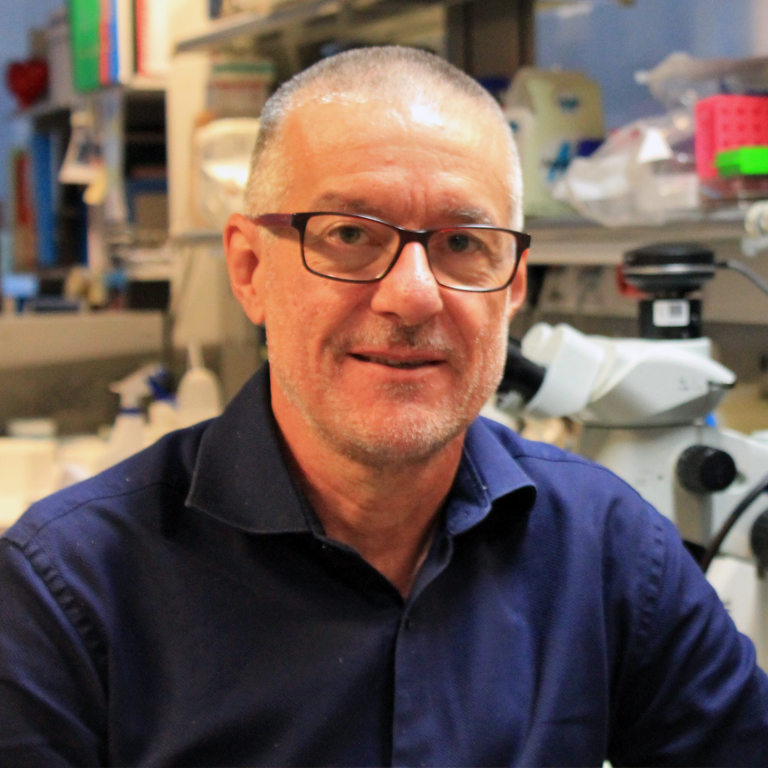
Doctor en Biología por la Universidad de Barcelona. Investigación postdoctoral en la Universidad de Harvard y en la Universidad de Tufts.
Fabio García Castro
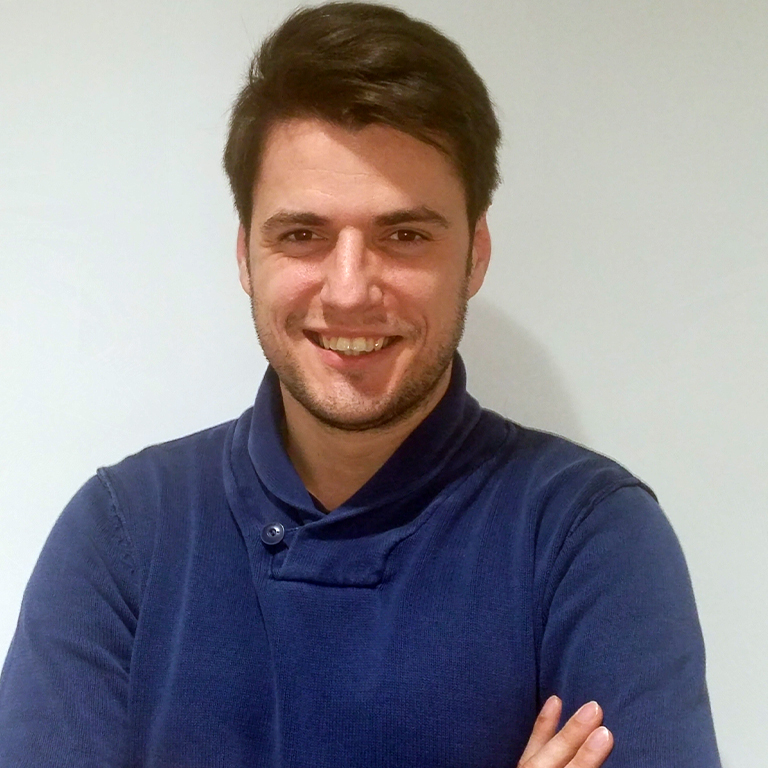
Ingeniero de Telecomunicación por la Universidad Politécnica de Valencia (UPV). Trabaja en el campo del procesado y análisis de imagen radiológica.
Mercedes Sanchis Almenara
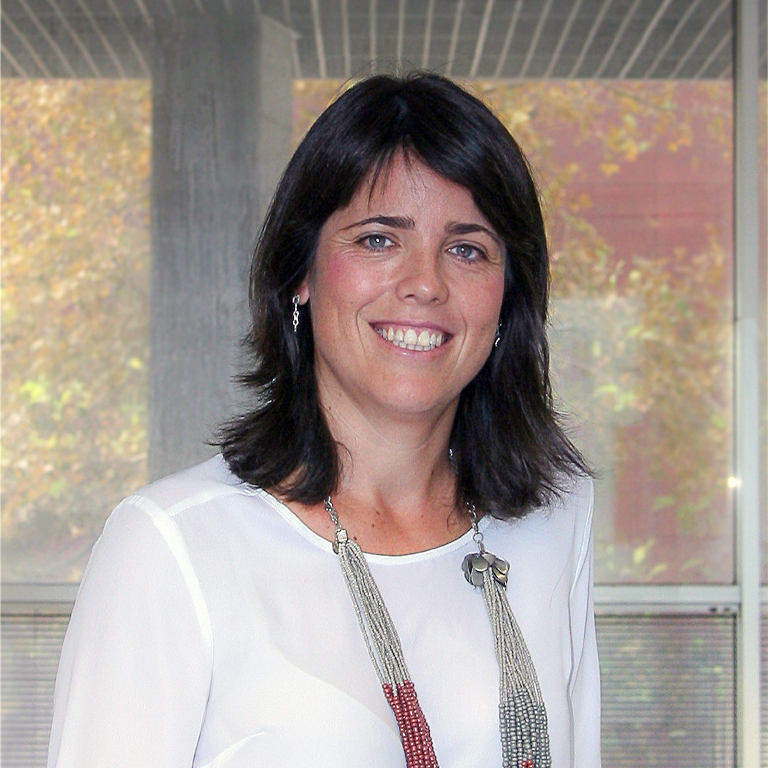
Doctora en ingeniería industrial por la Universidad Politécnica de Valencia. Trabaja actualmente en el Instituto de Biomecánica de Valencia.
Liz Parrish
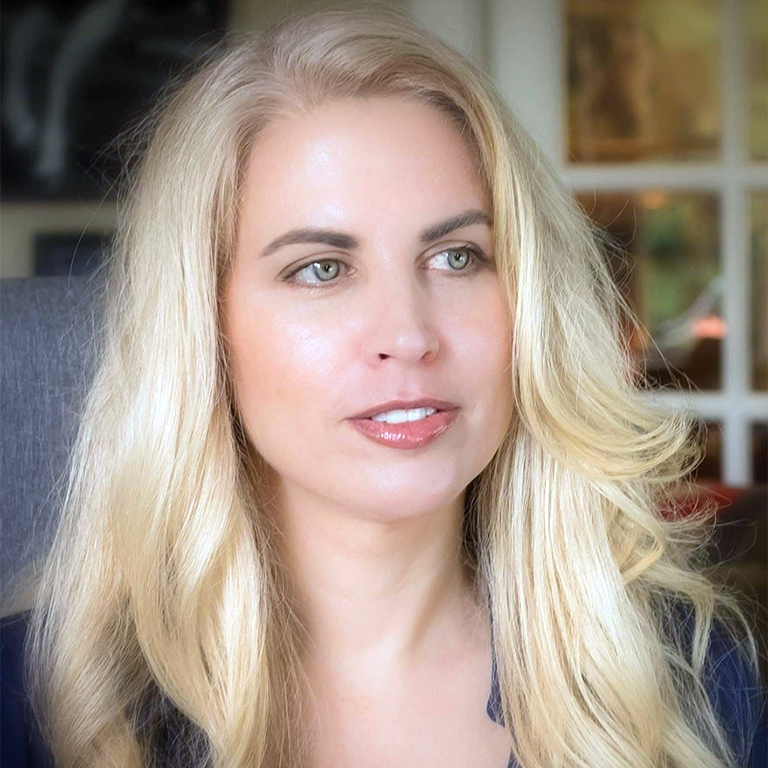
Miembro fundador de la International Longevity Alliance, miembro de la Directiva de la Coalition for Radical Life Extension y miembro afiliado de la Complex Biological Systems Alliance.
Jay Sarkar
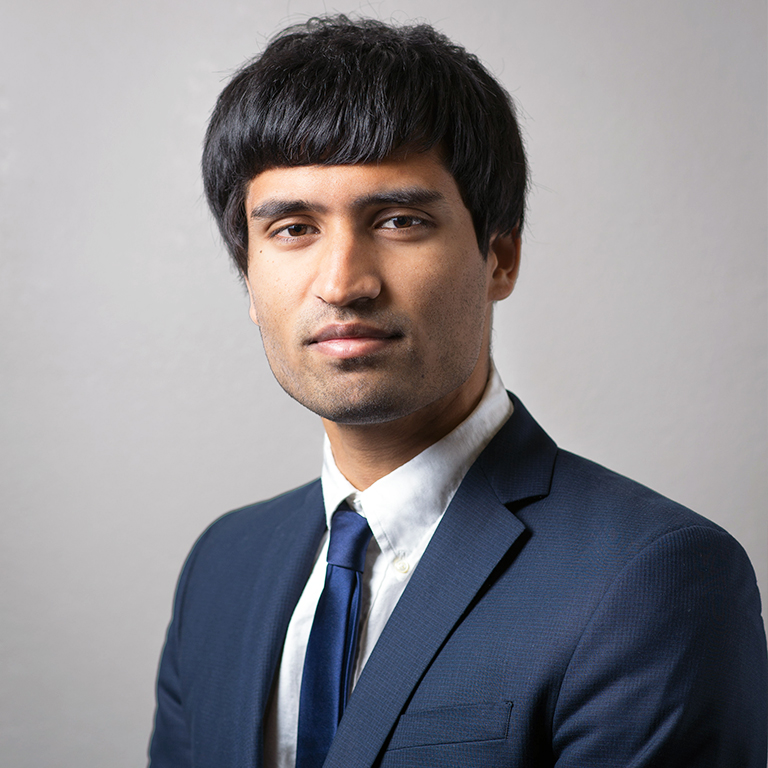
El Dr. Jay Sarkar es cofundador de Turn Biotechnologies, empresa de biotecnología nacida en Stanford centrada en el rejuvenecimiento multifacético a través de la reprogramación epigenética.
Un 40% de las personas con más de 65 años en Europa tiene deficiencia nutricional en proteínas

El catedrático José Viña destaca la nutrición como un factor “extraordinariamente importante” para el envejecimiento saludable. Esta será una de las cuestiones que el Dr. Viña abordará en Valencia los próximos días 13, 14 y 15 de noviembre con motivo del Longevity World Forum.
María Trinidad Herrero Ezquerro
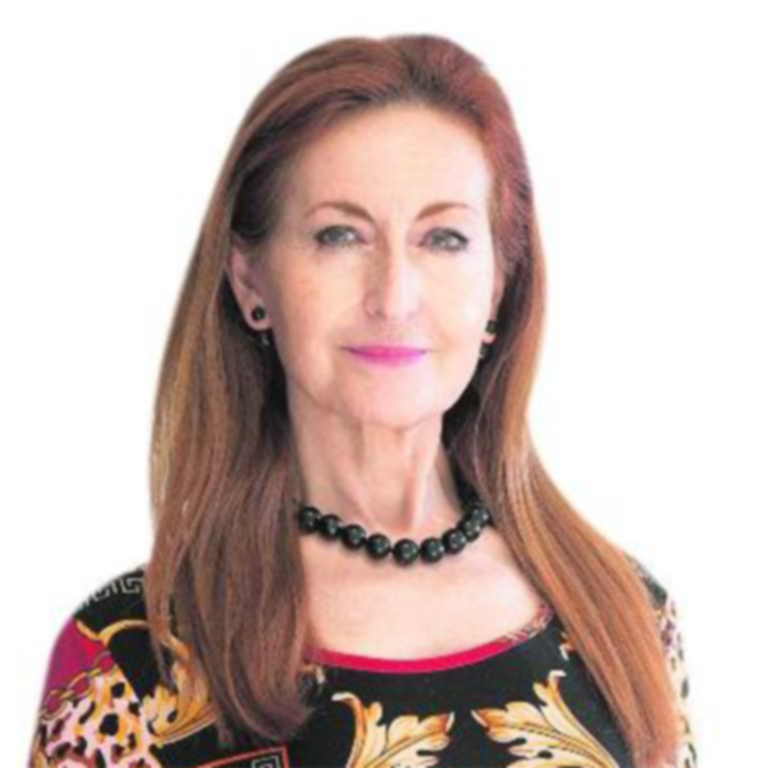
Catedrática de Anatomía Humana en la Facultad de Medicina de la Universidad de Murcia. Directora del Instituto Oficial de Investigación del Envejecimiento de Murcia.
Los investigadores María Blasco y Manuel Collado presentarán en el Longevity World Forum los últimos descubrimientos logrados en España para retrasar el envejecimiento
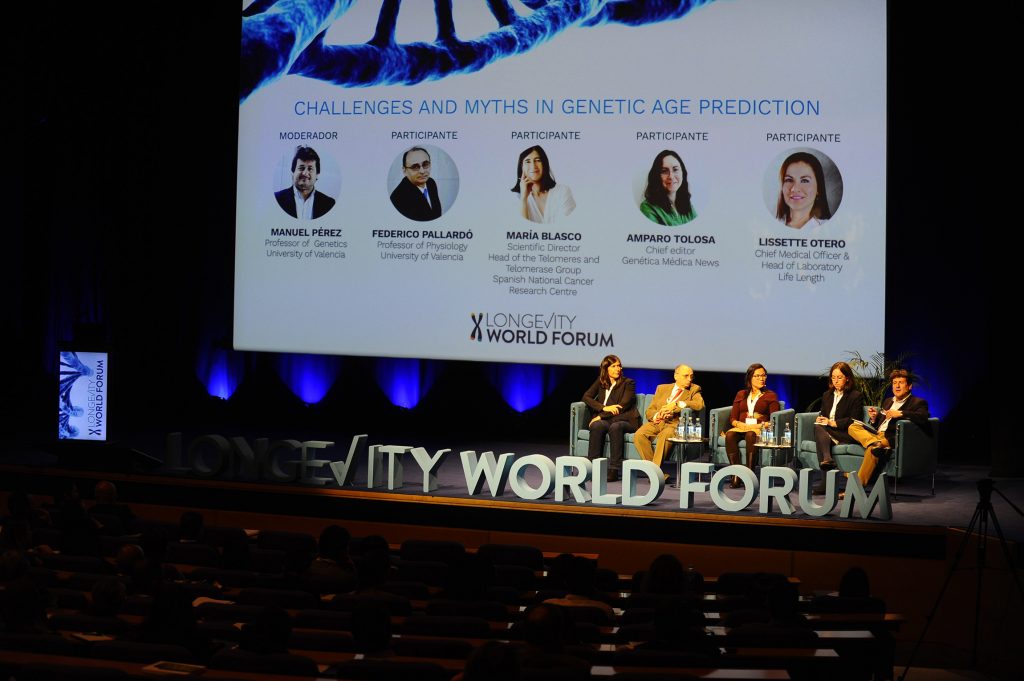
La directora del CNIO hablará sobre los modelos de ratón con telómeros hiperlargos sin modificación genética. El investigador del IDIS explicará cómo el derivado de la Digitalis o dedalera elimina de forma selectiva las células senescentes.
“La imagen es la llave hacia la salud del futuro centrada en la prevención y la monitorización periódica”
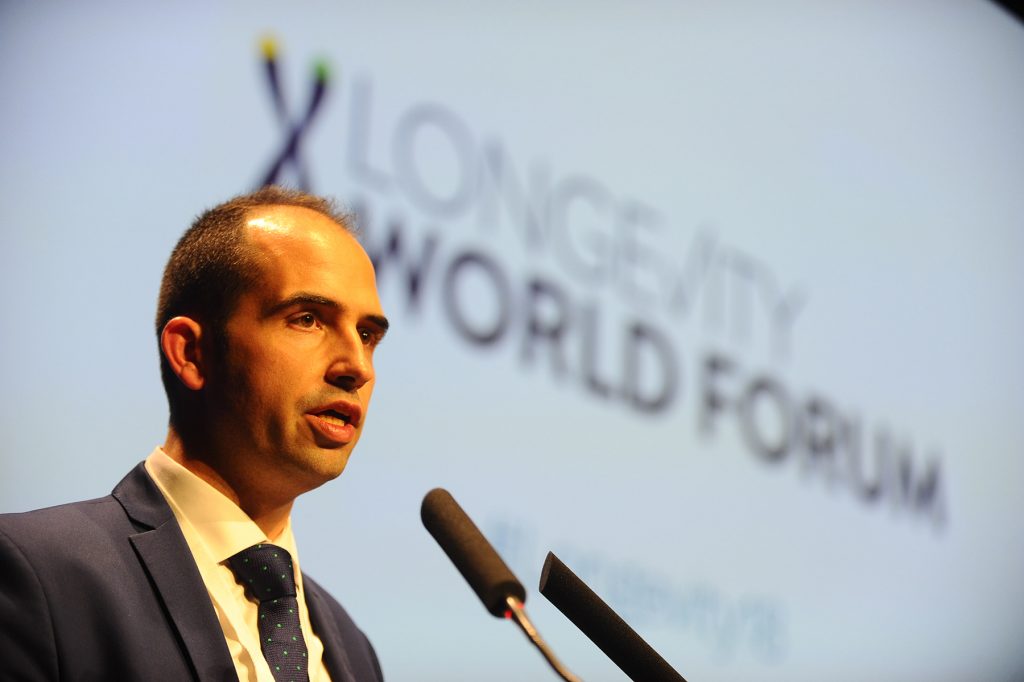
Ángel Alberic, director y fundador de QUIBIM, participará por segundo año consecutivo en el Longevity World Forum. Su intervención, enmarcada en la sesión sobre I+D+i en longevidad, servirá para conocer las aplicaciones y posibilidades de la inteligencia artificial en este ámbito.
Longevity World Forum completa su programa de 2019 con un simposio en el Centro de Investigación Príncipe Felipe
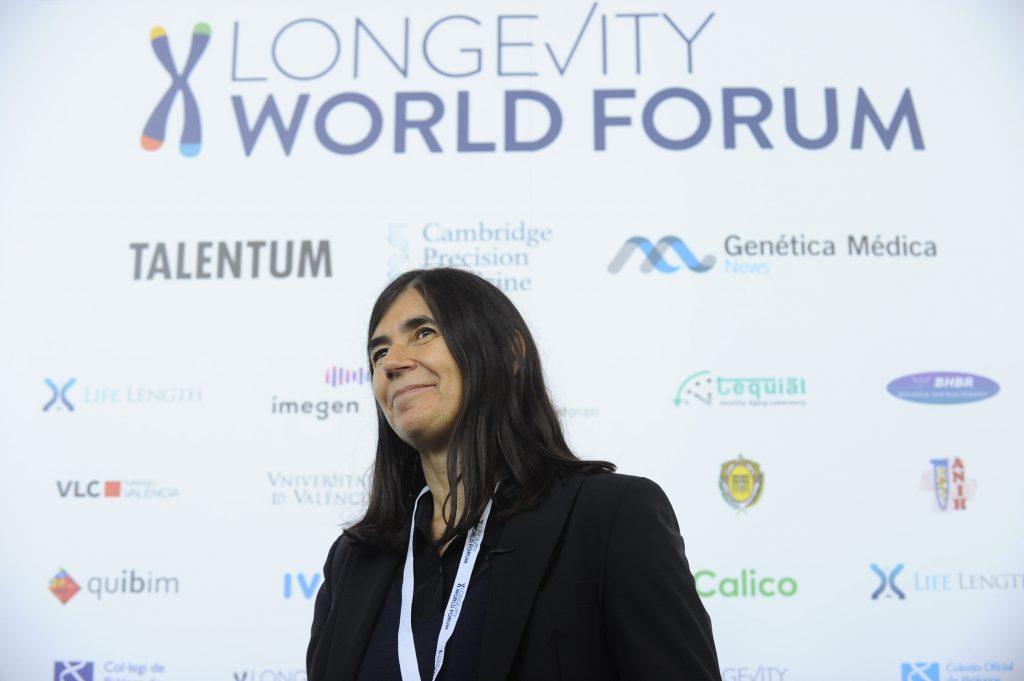
Las doctoras María Blasco y Pura Muñoz serán dos de las ponentes de esta jornada centrada en el envejecimiento y el metabolismo. El encuentro se celebrará el miércoles 13 de noviembre en las instalaciones del propio Centro de Investigación Príncipe Felipe.
